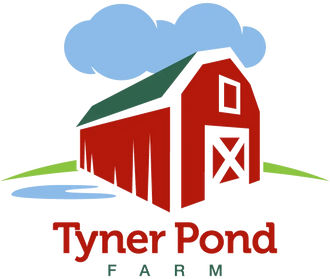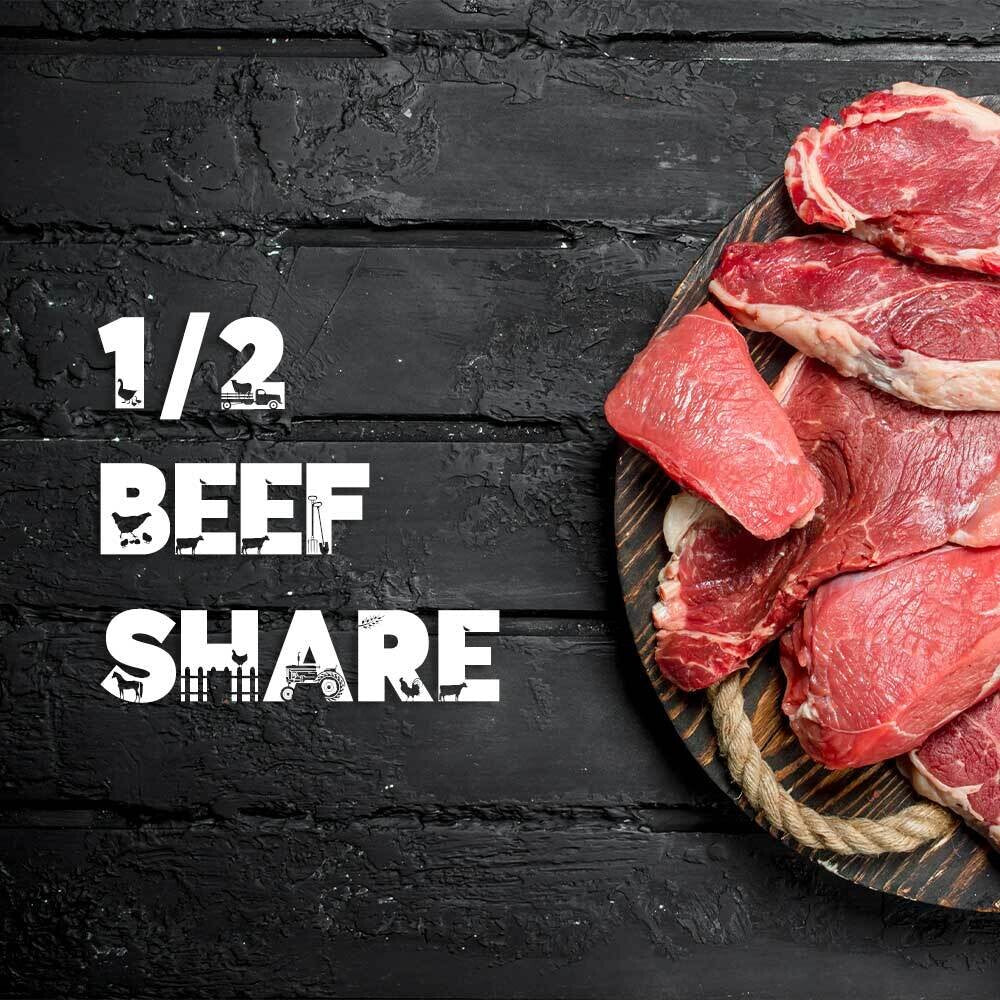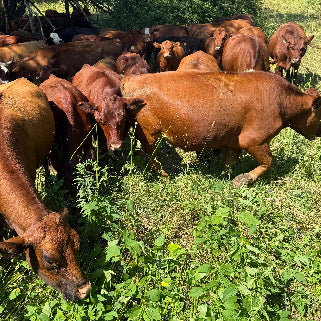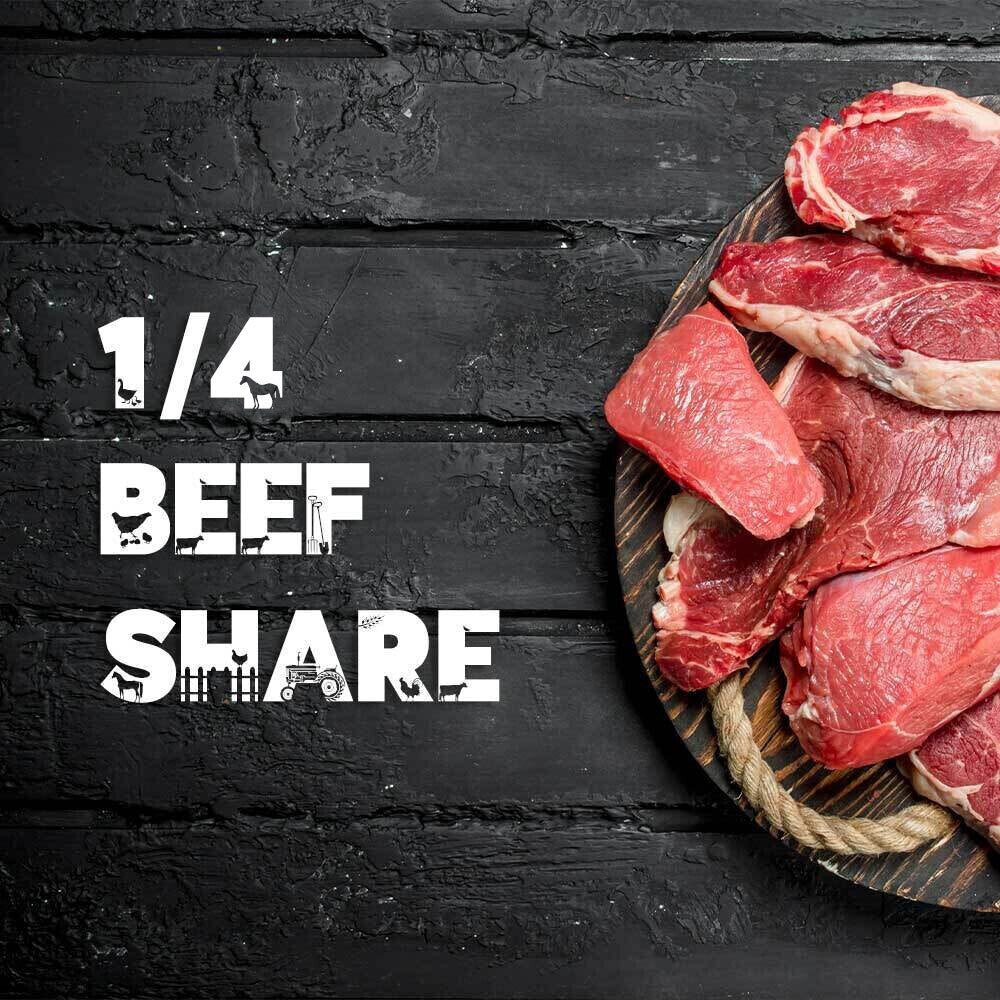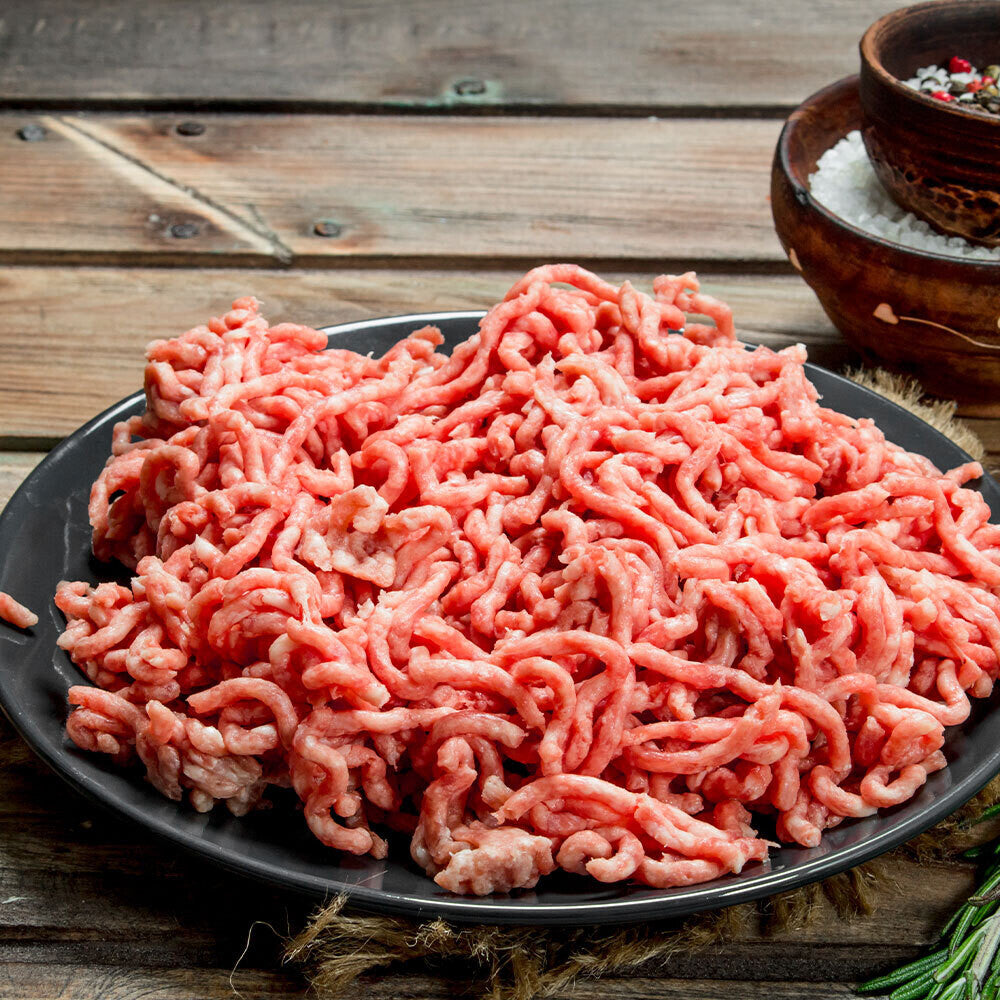
The Right Questions to Ask Your Farmer: How Farming Practices Affect Nutrition
Most people ask their farmer, “Is this organic?” or “Is this grass-fed?”—but if you care about nutrition, those aren’t the most important questions. Labels tell you very little about how the food was actually raised and whether it contains the nutrients your body needs.
The real question to ask is: What farming practices impact soil life?
Because when soil life is destroyed, nutrient density declines. And many common farming practices—even on so-called “organic” farms—are doing just that.What Kills Soil Life?
Soil is more than dirt—it’s a living ecosystem. Bacteria, fungi, and microbes in the soil break down organic matter, cycle nutrients, and make minerals available to plants. If the biology in the soil is weak, the food grown in that soil will be, too.These are the biggest threats to soil life:
- Synthetic Fertilizers – They feed the plant, but not the soil. Over time, this depletes microbial life, leading to weaker plants that lack trace minerals.
- Pesticides, Herbicides, Fungicides ("-cides") – These are designed to kill. And they don’t just kill pests—they wipe out soil microbes, damaging the entire soil food web.
- Antibiotics in Livestock – Around 80 percent of antibiotics given to animals pass through their bodies into the soil, disrupting the microbial life that builds fertility.
- A farm might claim to be organic or regenerative, but if they’re using any of these inputs, they’re weakening the very thing that makes food nutrient-dense.
How Do You Know if Your Farmer is Doing It Right?
Instead of just asking if something is grass-fed or organic, ask questions that reveal how nutrient-dense their food really is:- Do you use any synthetic fertilizers or pesticides? (Look out for anything ending in “-cide.”)
- How do you build soil fertility? (The right answer involves livestock rotation, compost, and natural soil biology—not chemicals.)
- Are your animals ever given antibiotics? (If so, those residues are ending up in the soil.)
- How often do your animals move to fresh pasture? (Daily (at least) rotation is key for healthy land and nutrient-rich food.)
Why This Matters
At Tyner Pond Farm, we don’t just avoid chemicals—we focus on building soil life. Our livestock move at least daily, our soil is fed naturally, and our food is free from antibiotics, synthetic fertilizers, and pesticides. This isn’t just about farming—it’s about real nutrition. The food you eat is only as good as the soil it comes from. Start asking the right questions—and make sure your farmer has the right answers.
Tags:
Previous post
Commodities vs. Nutrition: How Our Food System Has Failed Us
Next post
